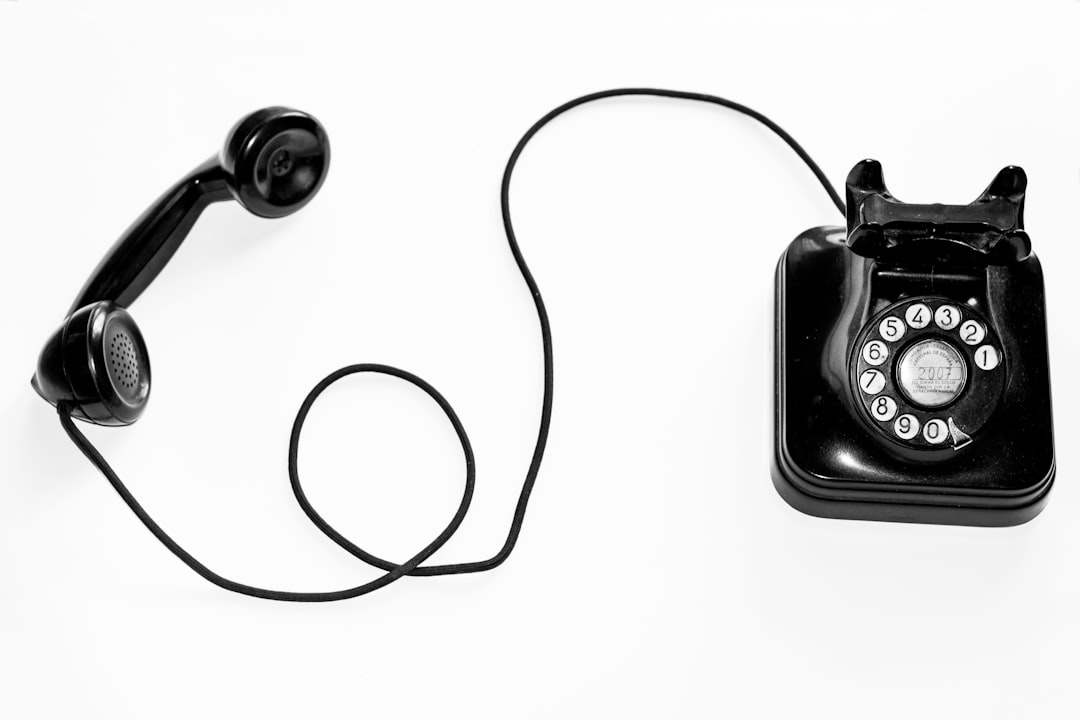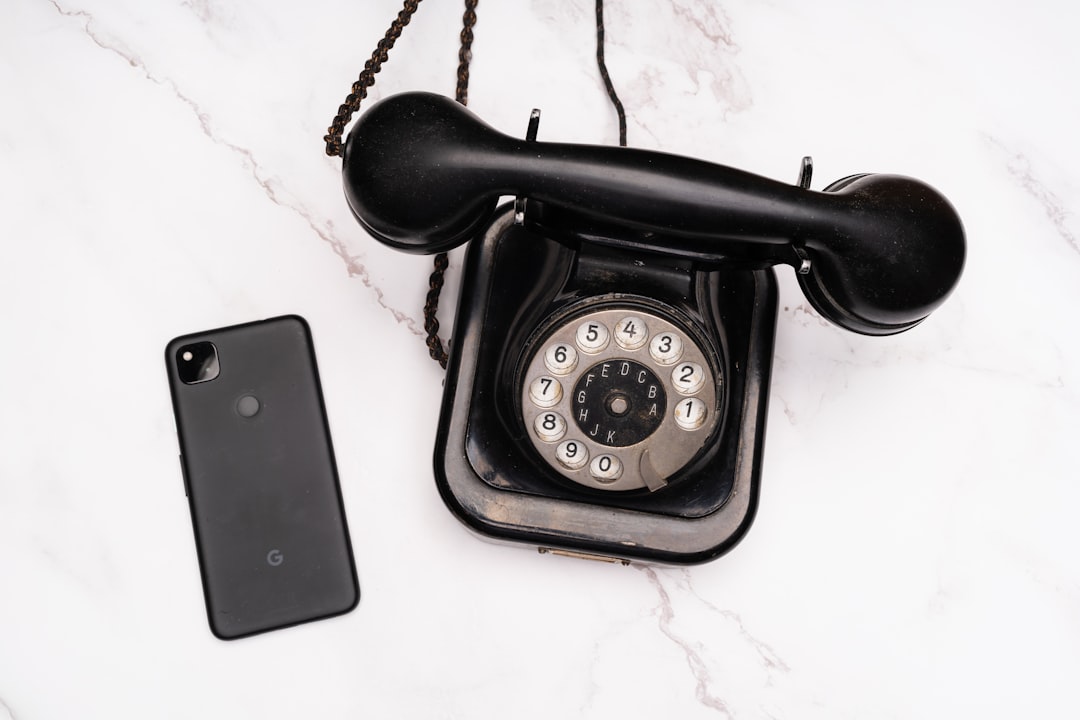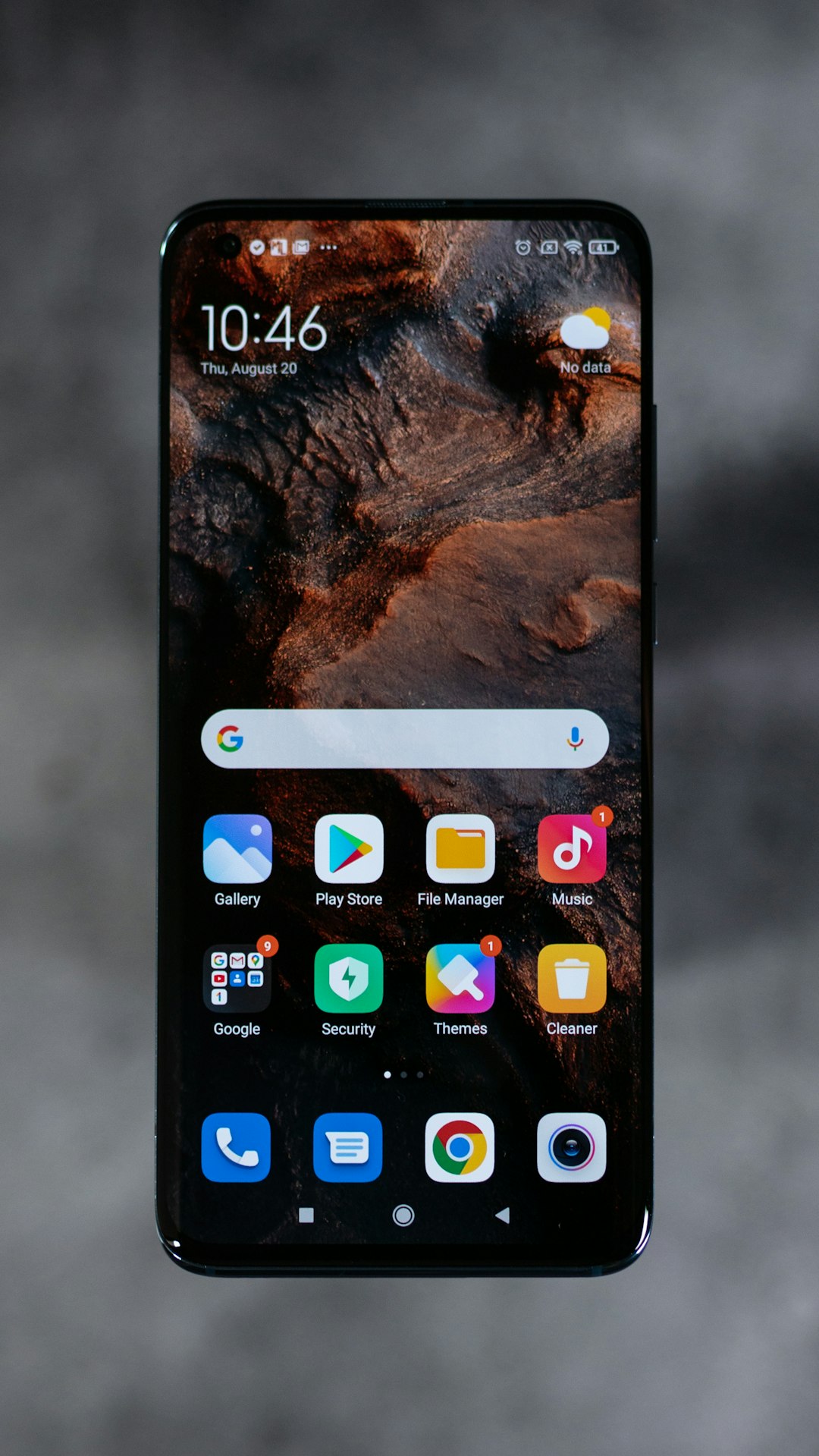In Illinois, unwanted robocalls are regulated by the Telephone Consumer Protection Act (TCPA), allowing consumers to sue violators and seek compensation. Consulting a specialized spam call lawyer or law firm can help determine legal options, including suing for each violation of privacy. Evidence gathering, choosing the right attorney, and understanding TCPA laws are crucial steps when pursuing legal action against robocallers in Illinois.
Tired of relentless robocalls inundating your Illinois home? You’re not alone. These automated calls, often illegal under the Telephone Consumer Protection Act (TCPA), can be a nuisance and even a violation of your privacy. This guide equips Illinois residents with the knowledge to fight back. Learn who can sue for robocalls in Illinois, how to gather evidence, choose the right spam call lawyer, and file a legal complaint effectively. Discover your rights and reclaim control over your phone lines with our step-by-step approach. Find a trusted spam call law firm in Illinois today and put an end to unwanted automated calls once and for all.
Understanding Robocalls and the TCPA in Illinois
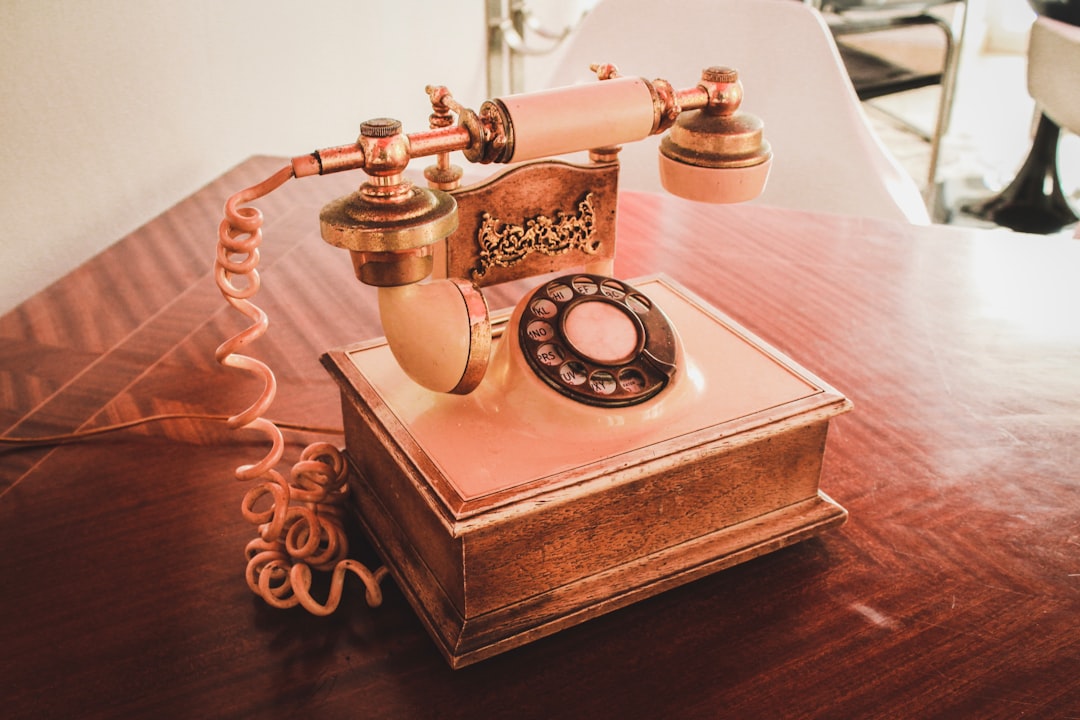
In Illinois, robocalls have become a prevalent and often frustrating nuisance for many residents. These automated phone calls, typically used for marketing or political purposes, are regulated by the Telephone Consumer Protection Act (TCPA). The TCPA, enforced by the Federal Communications Commission (FCC), restricts certain practices related to telemarketing, including the use of prerecorded messages without prior express consent from recipients. Understanding this law is crucial when considering legal action against robocallers.
If you’ve received unwanted robocalls in Illinois, it’s important to know that you may have rights under the TCPA. Residents can take action and seek compensation for violations, including monetary damages and injunctive relief. For those seeking legal counsel, a spam call lawyer or law firm specializing in the TCPA in Illinois can provide guidance on how to navigate these legal avenues. These experts can help determine if you have a strong case for suing robocallers who have invaded your personal space against your wishes.
Who Can Sue for Robocalls in Illinois?

In Illinois, individuals who have received unwanted robocalls or automated telemarketing calls can take legal action against the perpetrators. According to the Telephone Consumer Protection Act (TCPA), consumers are protected from certain types of spam calls, and they have the right to sue for damages if their privacy is invaded by these calls. Anyone in Illinois who has experienced excessive or unsolicited robocalls may file a lawsuit, seeking compensation for each violation.
If you believe you’ve been targeted by robocallers, it’s advisable to consult a spam call law firm or lawyer specializing in TCPA cases in Illinois. These legal professionals can guide you through the process of filing a claim and help determine if you have valid reasons to sue. Many spam call law firms in Illinois offer their services on a contingency basis, meaning they only get paid if your case is successful, making it easier for consumers to take action against pesky robocalls.
How to Gather Evidence for a Spam Call Lawsuit in IL

Gathering evidence to support a lawsuit against robocallers is a crucial step in holding them accountable. In Illinois, if you’ve received spam calls, there are legal options available under the Telephone Consumer Protection Act (TCPA). To sue for robocalls in IL, document every instance of unwanted calls, including dates, times, and the content of the messages. Save any voicemails or recordings made during these calls as evidence. Additionally, collect information about the caller’s identity, such as phone numbers, call patterns, and frequency.
Consider consulting a spam call law firm in Illinois or hiring spam call lawyers who specialize in TCPA litigation. They can guide you on how to compile evidence effectively. This may include obtaining call logs from your service provider, using third-party tools to track robocalls, and gathering any available metadata associated with the calls. Remember, building a solid case requires thorough documentation, so ensure every piece of relevant information is collected and preserved for potential legal action against robocallers in IL.
Choosing the Right Lawyer for Your TCPA Case in Illinois
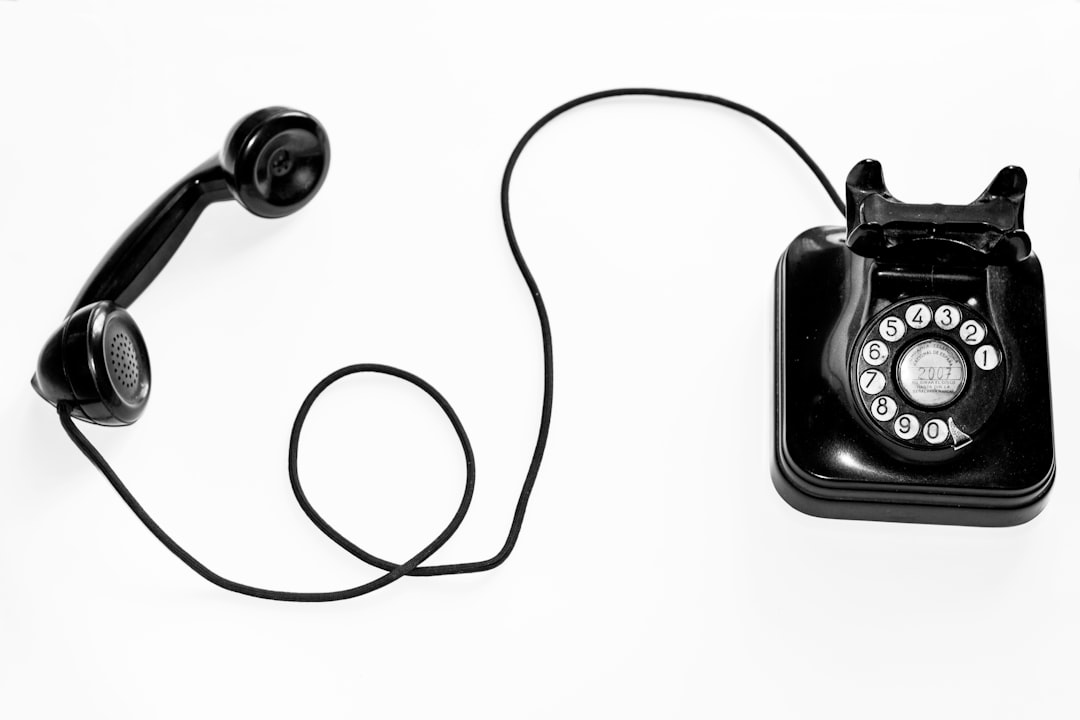
When considering legal action against robocallers under the Telephone Consumer Protection Act (TCPA) in Illinois, selecting the right lawyer is paramount to your case’s success. You’ll want a law firm specializing in spam call laws and with a proven track record of handling TCPA cases, as this federal legislation protects consumers from unsolicited phone marketing calls. Look for attorneys who have experience navigating the nuances of the TCPA and can offer strategic guidance tailored to your situation.
A reputable spam call law firm or lawyer for TCPA Illinois will possess in-depth knowledge of the legal framework surrounding robocalls, including recent case precedents and regulatory updates. They should be adept at gathering evidence, documenting violations, and negotiating settlements or preparing for court if necessary. Ensure they have a robust track record of recovering damages for clients and are committed to protecting your rights as an Illinois resident affected by unwanted calls.
Steps to File a Legal Complaint Against Robocallers in IL
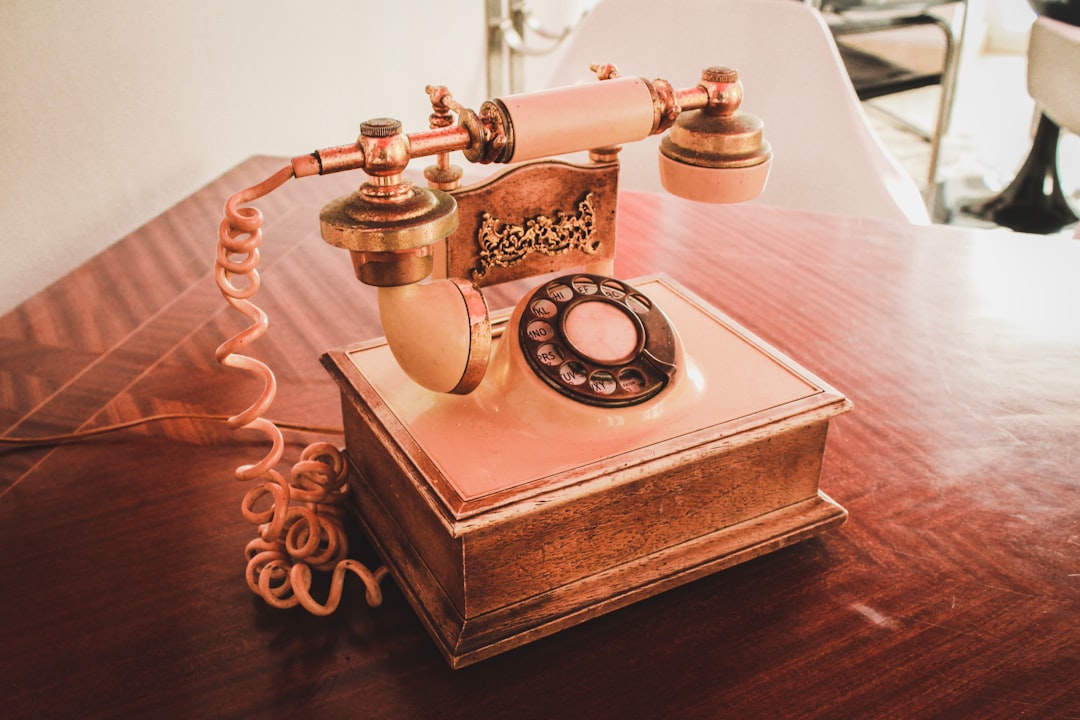
If you’re experiencing a barrage of unwanted robocalls in Illinois, knowing your legal options is essential. The first step to take is to document the calls, including the caller’s number, the time and date of each call, and any specific messages or prompts you heard. This information will be crucial when filing a complaint.
Illinois has strict laws against spam calls, with the Illinois Communications Act and the Telemarketing Consumer Protection Act (TCPA) offering protections for residents. To initiate legal action, contact a reputable spam call law firm or spam call lawyers in Illinois who specialize in TCPA cases. They will guide you through the process of filing a complaint with the Illinois Attorney General’s office and help determine if individual robocallers can be held liable.
